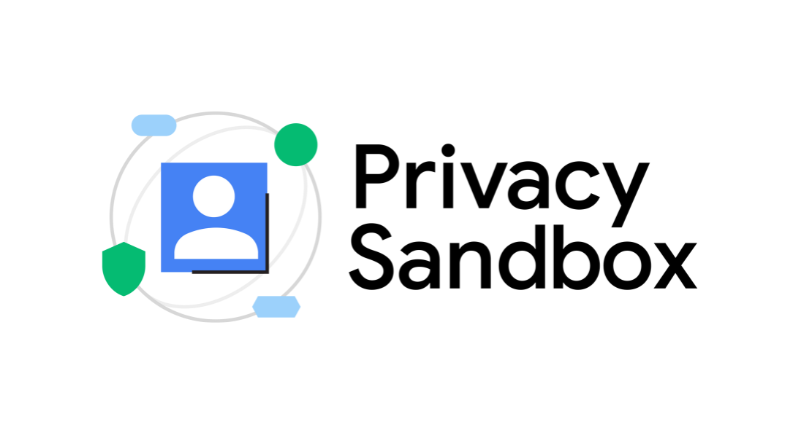Google has made surprising admissions about its Privacy Sandbox, acknowledging significant functionality issues and refusing to commit to using it exclusively for its own ad business. The update was submitted to the UK’s Competition and Markets Authority (CMA), which has been overseeing the initiative to ensure it does not stifle competition in the ad tech market.
Privacy Sandbox is Google’s proposed alternative to third-party cookies, designed to balance user privacy with digital advertising effectiveness. However, the initiative has long faced industry skepticism over whether it can adequately replace cookies while maintaining ad performance.
One of the biggest setbacks revealed in the report was the failure of Google’s Attribution Reporting API (ARA), which is meant to measure digital ad effectiveness. Google found that up to 85% of advertising conversions tracked by ARA were 60-100% inaccurate compared to cookie-based measurement, raising major concerns about its reliability.
Google also confirmed that its own ad business will not operate exclusively on Privacy Sandbox technologies, opting instead for a “portfolio approach”,combining Sandbox with other methods, just as third-party advertisers do.
“The Commitments do not guarantee that Google’s own ads business will operate exclusively on Privacy Sandbox technologies,” the report stated. “Google intends to use a portfolio approach to addressability, which will include the Privacy Sandbox technologies, the same way third parties can and do use. We understand a portfolio approach to be common across the ads ecosystem.”
James Bayes, vice president ANZ of The Trade Desk, told Mediaweek: “Google has finally admitted what the industry has been saying for years: Privacy Sandbox doesn’t work. It doesn’t sufficiently protect consumer privacy, it doesn’t enable better addressability for advertisers, and it doesn’t help publishers monetise their content.
“While Google has spent years on a degraded product, Aussie marketers moved on. Outside the walled gardens, the open internet extends far beyond Chrome, with better identity solutions like Unified ID 2.0 that serves as the common currency of the internet.
“With UID2 advertisers have control, consumers have choice, and publishers have the power to thrive. This pullback on Privacy Sandbox may demonstrate that Google is quietly retreating from the open internet ahead of the DOJ trial resuming next month,” he added.
The timing of Google’s admissions is notable, as the U.S. Department of Justice (DOJ) is set to resume its antitrust trial against Google next month, focusing on the company’s dominance in digital advertising.
A Google spokesperson told Mediaweek: “We ran this experiment in March 2024, and our report states the findings are not representative of future advertising performance. Our privacy approach has long focused on first-party data, AI, and privacy-preserving measures, including the Privacy Sandbox.”
